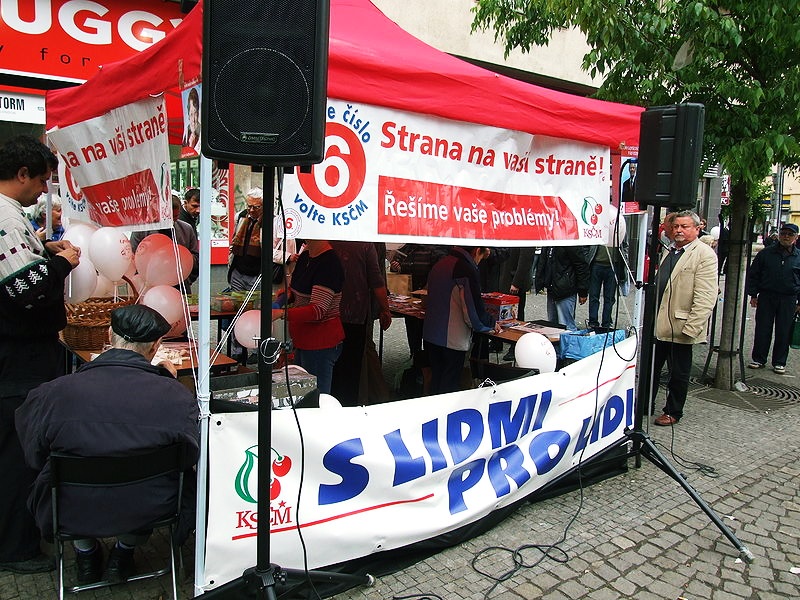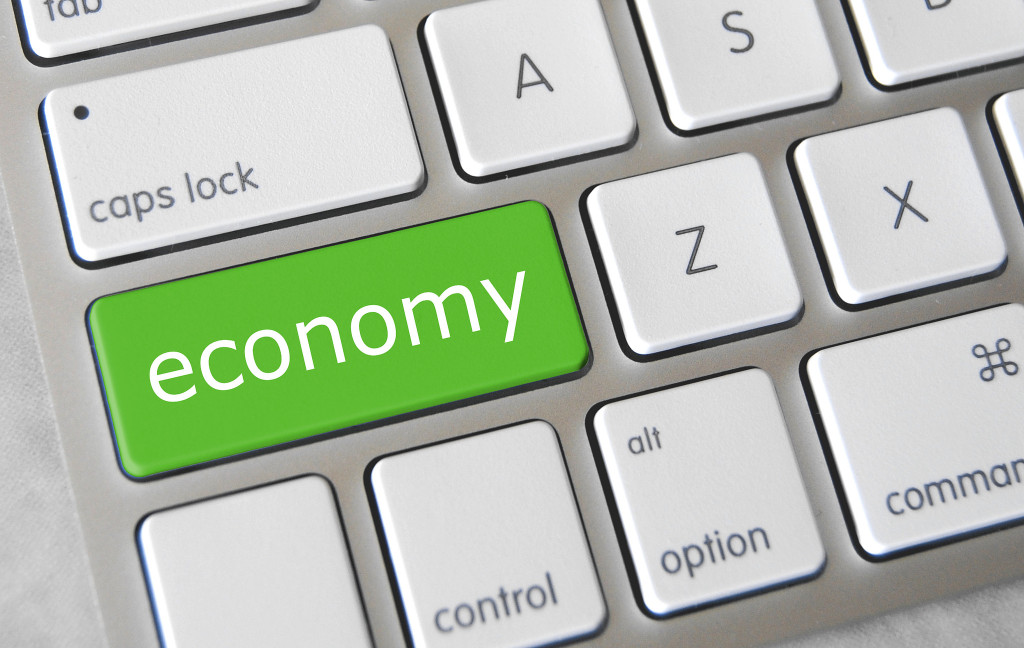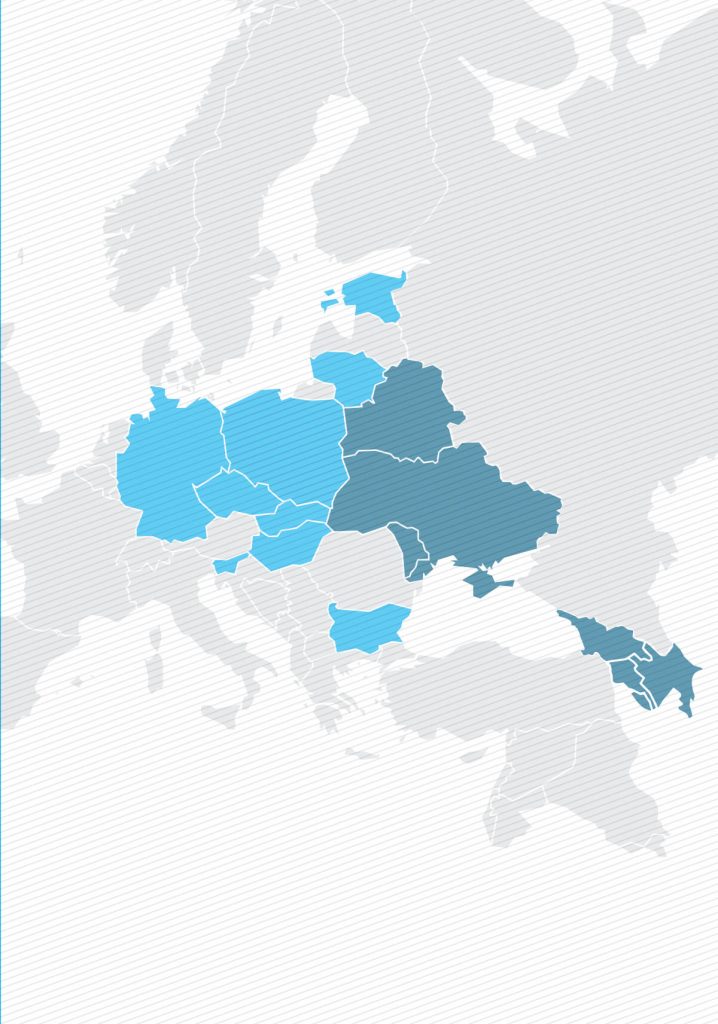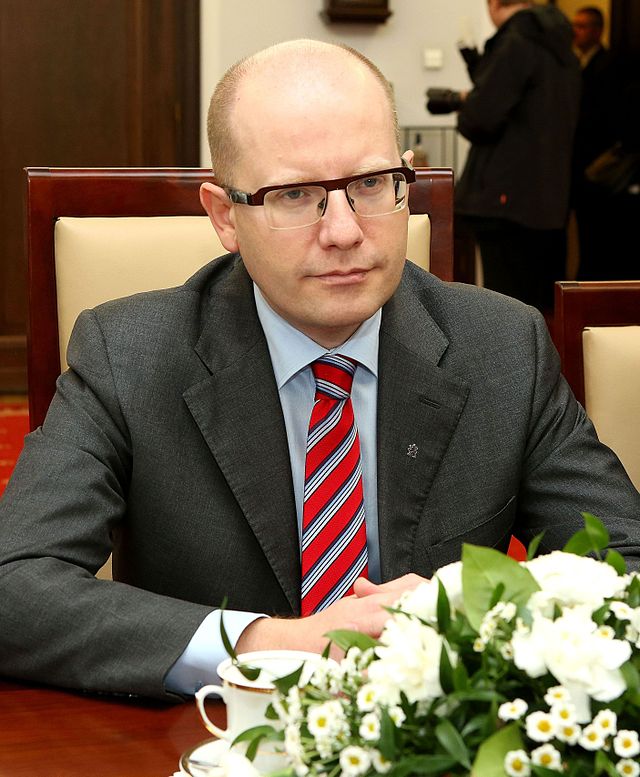
Czechs Report Record Budget Surplus, Worse VAT Collection
BY
Ales Rod / July 28, 2015
Fiscal policy is not just about taxation. And, moreover, the ongoing debates often miss actual numbers. And what are the actual recent fiscal numbers in the Czech Republic? Let\'s look into that.











